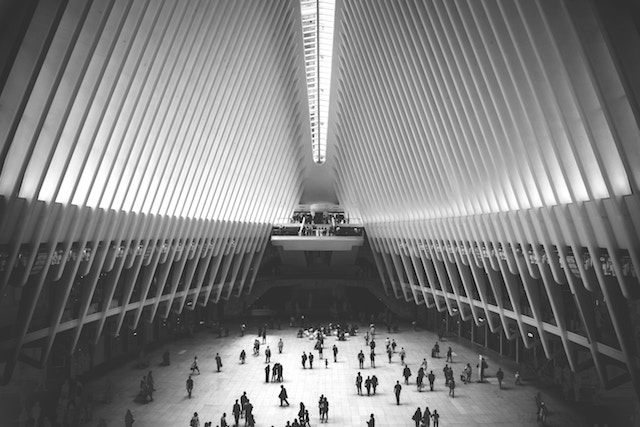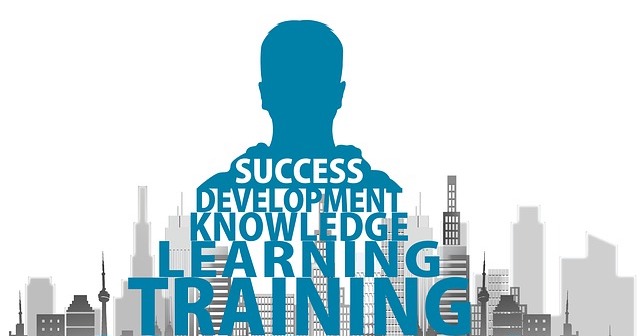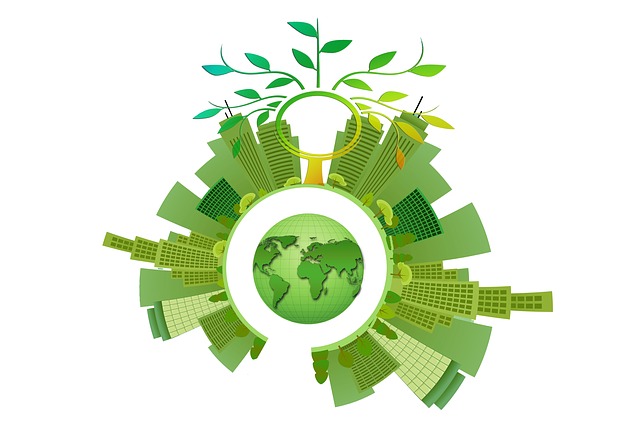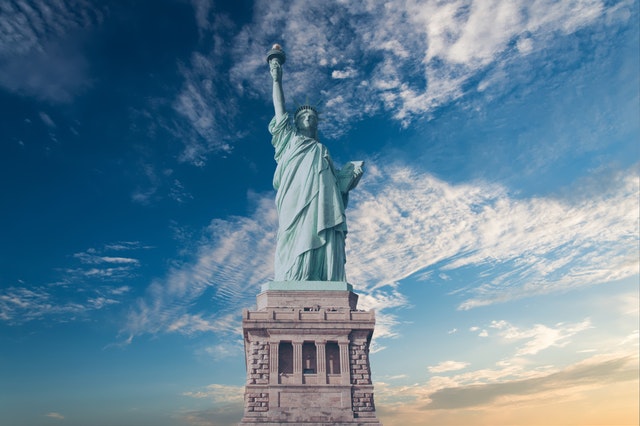As literal and metaphorical gateways to our nation, cities like New York, Boston, San Francisco and LA are diverse, high-population, economic powerhouses. While each has its own flavor and demographic profile, each also reflects America’s identity and ideals in some way. The people that live there, those that pass through, the streets they walk and the businesses they frequent all tell a story of what it means to be in the United States.
Highly-trafficked big cities have a lot of great things to offer, but they also have their share of social justice issues: inequality, criminal justice, immigration, poverty, education access, and labor laws, to name a few. While many cities have these problems, those with gateway status are regional anchors that influence entire state (and national) economies, a power that comes with great responsibility. By providing solutions or improvements to persistent social justice issues, they can set a positive example for the rest of the country and the world.
Here we’ll look at the four major gateway cities and how residents are organizing themselves to carry out social justice reform.
New York City
Though gateway cities often have progressive leaders that promise change, they are also susceptible to corruption. Many have lost faith in NYC Mayor Bill De Blasio, citing corruption as a big concern—though in America, corruption takes not the form of back-door bribes, but open, legal transactions that can establish disturbing quid-pro-quo precedents.
So while New Yorkers may hope to vote someone in to change this systemic problem, there are other ways to solve social justice issues. The Urban Justice Center, for instance, which “serves New York City’s most vulnerable residents through a combination of direct legal service, systemic advocacy, community education and political organizing.” The Center’s various projects address asylum seekers, community development, domestic violence, human rights, refugee assistance, mental health, veteran rights, and sex workers, to name some prominent causes.
Boston
Boston faces similar problems, though with some slightly different variations. Though Mayor Marty Walsh was re-elected with 65 percent of the vote in 2017, persistent problems continue to plague the city. For one, charges of corruption and extortion linger in the case of a music festival, while the high cost of living in the city remains a persistent problem.
As in other cities, citizens are taking these changes lying down. Coalition for Social Justice (CSJ) is yet another organization devoted to positive social change. Founded in 1994, the CSJ works on a large range of progressive causes, focusing on those who are excluded from the economic benefits of the current system. This includes racial and religious minorities, low-income neighborhoods, and more. The CSJ is very activist as well, building networks of volunteers and voters to sway local elections and hold officials accountable. The organization consistently holds fundraisers, rallies members to speak at public hearings, and bring the heat onto unresponsive, corrupt politicians.
Los Angeles
Given that California is often seen as being at least 15 years ahead of the nation (in terms of tech and policy), one would think that its cities would be equally forward-thinking. In many ways, they are–yet they too, face serious systemic challenges. Due to overly-rigid zoning codes, affordable housing is few and far in between–neighborhoods struggling to add housing due to high permit and construction costs. As a result, the homeless population is large, and growing.
This hasn’t gone unnoticed, however. Aside from government-funded pilot programs to encourage homeowners to rent to the formerly homeless, many advocate for the development of affordable housing and revising existing zoning. Others, such as the Downtown Women’s Center (DWC), seek to help reintegrate the homeless into society. The DWC provides a host of services, from supportive housing, which provides integrated services like healthcare, job readiness, and community building, as well as a workforce development program, which partners with companies to provide education and training to candidates.
San Francisco
Much like New York and Los Angeles, San Francisco has some of the stiffest housing prices in the nation. In fact, if not counting Manhattan separate from New York’s other boroughs, San Francisco would have the highest cost of living in the United States at 92.9% above U.S. average. The gap between rich and poor was the second widest in the nation as of 2015.
San Francisco struggles with homelessness even more than its southern California counterpart, LA. As of 2016, the city had thousands of homeless residents accounting for the third highest per capita homelessness rate (0.8% or 8 in 1000 persons) of all large US cities. While the problem is not an easy one to solve, organizations like the Coalition on Homelessness are working not just to provide housing, but advocate for the rights of homeless people while building stronger communities.
This city is also known as an “LGBT Mecca.” Being one of the world’s most gay-friendly cities means fighting for the rights of queer, trans, and non-gender conforming individuals every day at a higher volume, something organizations like the SF LGBT Center seek to accomplish through “free services like career counseling, job fairs, computer lab, social activities, mentorships, youth meals, daycare, various workshops and much more.”
In big urban spaces there may always be some issues of inequality and due to historical injustices, the political and economic landscape, and population density. Still, it is clear that these gateway cities are making steps to improve the social justice issues in their streets one caring resident at a time.







